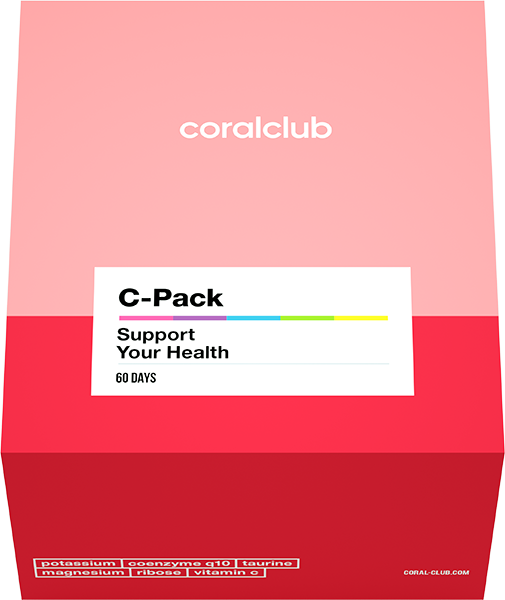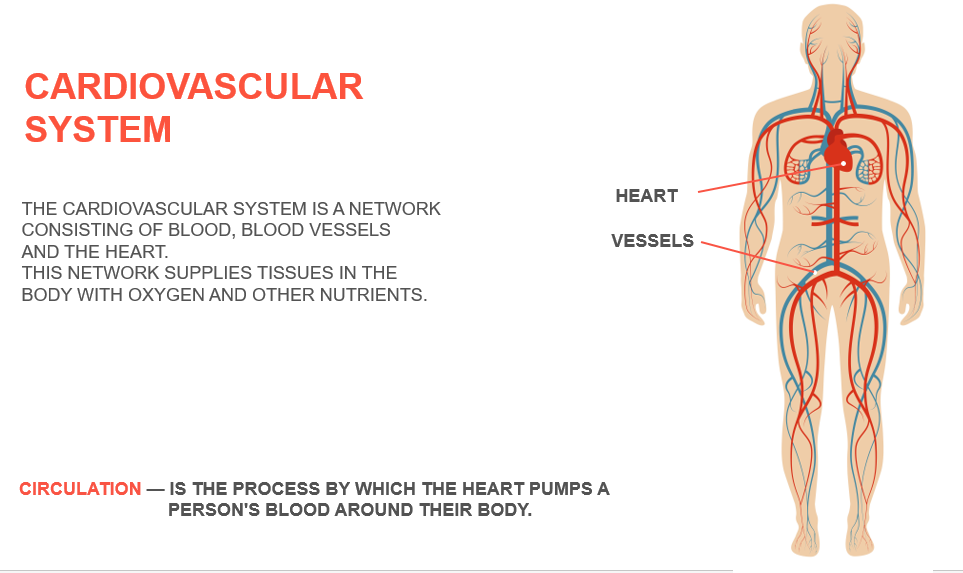
Let’s talk about your heart. C-Pack.
The heart is the only organ that begins to work even before you are born. It begins beating four weeks after conception and does not stop until death. We use the word “heart” in so many expressions: “a heart of gold”, “thank someone from the bottom of your heart”, “have a heavy heart”. When you’re in love, your heartbeat quickens, and when you’re scared, it makes your blood run cold. However, it works both ways: the heart depends on us, and we depend on it. The way that we care about our heart’s health affects the quality and length of our life.

The heart of an adult beats approximately
72 times per minute
100,000 times per day
36.5 million times per year
3.3 billion times over a lifetime
The heart provides blood to all 75 trillion body cells. Throughout an average lifespan, the heart pumps approximately 5.7 million litres of blood.

The World Health Organization (WHO) identifies three main risk factors for acute cardiovascular disease: hypertension, high blood cholesterol, and smoking.
As an example, excessive and constant smoking doubles the likelihood of developing cardiovascular disease
Risk factors also include:
- Alcohol abuse. It increases blood pressure and blood viscosity. Alcohol removes magnesium from your body, which is crucial for the heart muscle’s activity.
- Gender. It is proven that men suffer from myocardial infarction more often than women. The risk of developing cardiovascular disease in women increases during menopause due to decreasing estrogen levels – estrogen has a protective effect on the cardiovascular system.
- Excessive consumption of trans fats. These trans fats are saturated fats, contained in large quantities in animal products, red meat, margarine, confectionery, and fried foods. The more trans fats there are in your diet, the higher is the level of bad cholesterol in your body.
• Salt. Sodium is the main component of salt. The balance of potassium and sodium in the body maintains the water level inside cells. This balance is also responsible for the absorption and excretion of nutrients, as well as for the excretion of decay products. Adding salt to food upsets this balance and causes blood pressure to increase.
